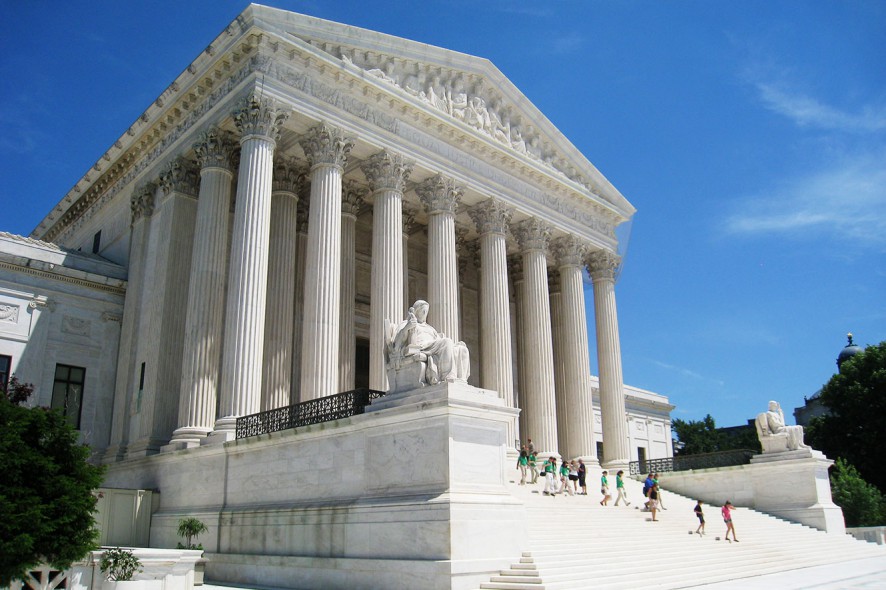Supreme Court of the United States: The Supreme Court of the United States in a 5:4 ruling, held that victims of overseas atrocities cannot sue foreign corporations for complicity under the 1789 Alien Tort Statute.
The petitioners, claiming to be or to be representing persons who were injured or killed by terrorist acts committed abroad, had alleged that those acts were in part caused or facilitated by the respondent, Arab Bank, PLC, a Jordanian financial institution with a branch in New York. They sought to impose liability on the bank for the conduct of it’s human agents, including high-ranking bank officials. The petitioners claimed that the Clearing House Interbank Payments System (CHIPS) was used by the bank to facilitate dollar-denominated transactions that benefited terrorists and that it laundered money for a Texas-based charity allegedly affiliated with Hamas.
The issue was applicability of the provision of the Statute, which provided that, “the district courts shall have original jurisdiction of any civil action by an alien for a tort only, committed in violation of the law of nations or a treaty of the United States”.
The Court squarely applied the decision in Kiobel v. Royal Dutch Petroleum Co., 2013 SCC OnLine US SC 24 : 569 U.S 108 (2013) in which it was held that the Alien Tort Statute does not extend to suits against foreign corporations when ‘all the relevant conduct took place outside the United States’. [Jesner v. Arab Bank, PLC, No. 16-499, decided on 24.04.2018]






